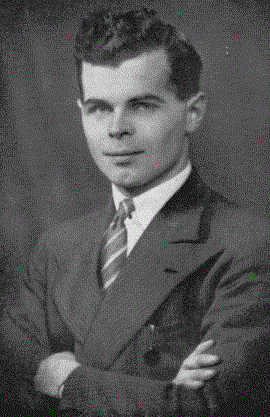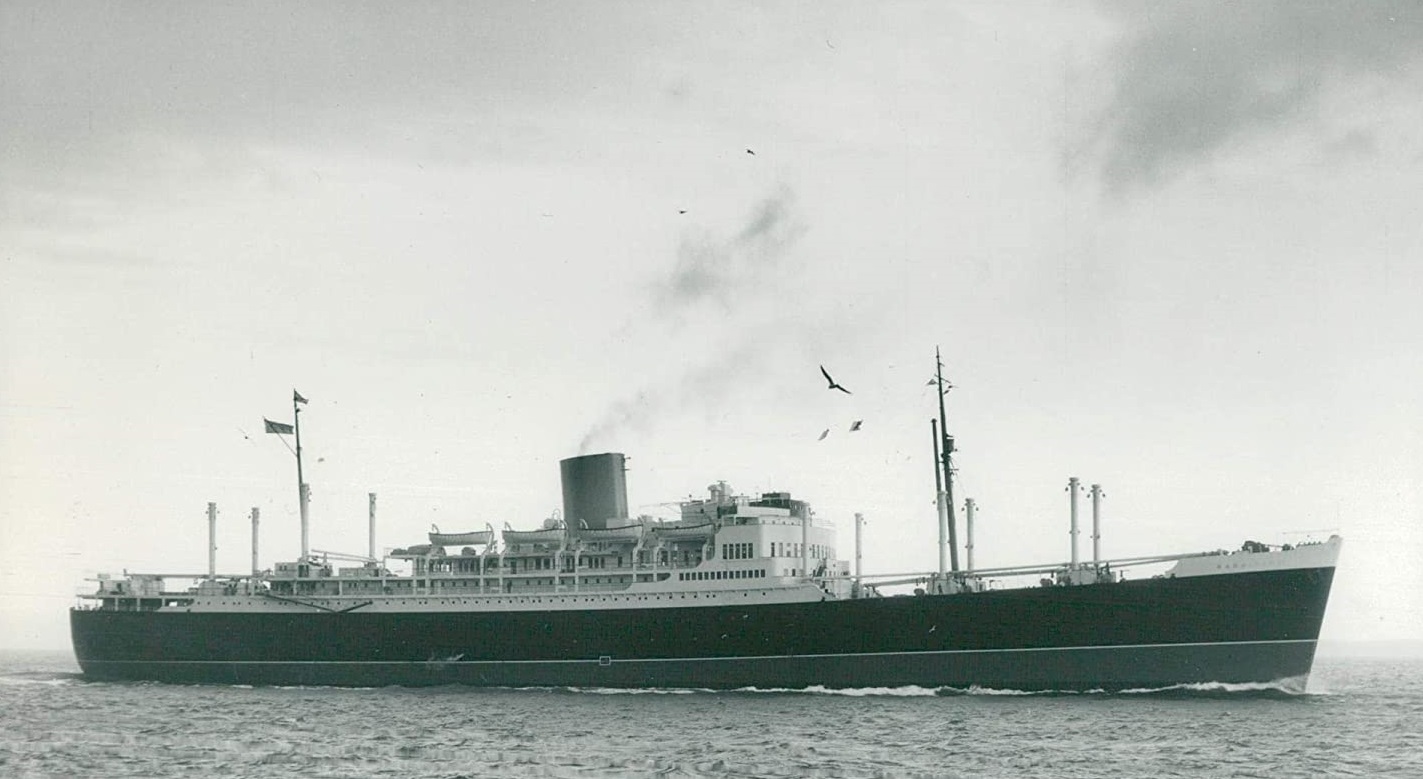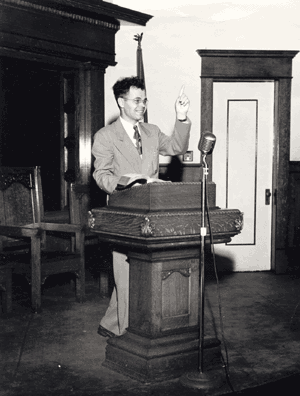
The revival commenced on the North Island, then spread throughout the South Island as well.

The revival commenced at a campground in Ngaruawahia, which had a scheduled 5-day conference, with J. Edwin Orr as one of the main speakers.

J. Edwin Orr
Introduction
Due to his extensive research, writing, and world travels, J. Edwin Orr has become one of the most highly respected authorities on revival. Orr was born on January 12, 1912, in Belfast, Ireland, of an American father and a British mother. At the age of 21 he left home and began his evangelistic ministry. By 1935, at age 23, he had already been conducting evangelistic work throughout England, Russia, Scandinavia, Israel, Canada, the United States, Australia, and South Africa.
Report Following the 1936 Ngaruawahia Revival
A.S. Wilson, a notable preacher in the Southern Hemisphere, sent the following cablegram to a Christian periodical in London, informing the Christian community there about the revival that had taken place in New Zealand:
Extraordinary New Zealand Revival begun during Orr’s ministry at Ngaruawahia Easter Keswick and other camps. Hundreds publicly confessing sin, scores of conversions resulting, with sanely intense meetings of tireless crowds continuing till approaching midnight. Ngaruawahia missionary pledges and offerings Sunday approximately two thousand pounds. – A. S. Wilson.
Revival Location
In different locations around New Zealand there had been Keswick-type conventions held annually during the Easter holiday. These conventions, or conferences, were for the promotion of holiness and spiritual empowerment, and to give powerful challenges for Christians to become more engaged in ministry at home and around the world. It was at one of these conferences (a campground), in Ngaruawahia, New Zealand, that this revival got its start.
Extraordinary Prayer
For some time prior to the revival there had been an attitude of unusual expectancy among the people. Prayer meetings spread throughout the city of Ngaruawahia and intercession broke down the walls that were holding back the pent-up revival.
When Orr arrived by ship prior to the conference, he was met by people who informed him of the heightened expectation and the amount of prayer that had taken place during the previous weeks. In response to this news Orr said:
I was greatly struck by the atmosphere of expectancy which prevailed, especially among the young people. There was no end of enthusiasm.
Preparation for the Easter Conference (Easter fell on April 12 in 1936)
Edwin Orr, then only 24 years old, arrived in Auckland Harbor on the M.S. Ragitane on Tuesday, April 7, 1936. He had been invited to be part of the Easter Conference at Ngaruawahia. This conference was scheduled to continue from Thursday, April 9th till Monday the 13th. (Orr conducted other meetings throughout New Zealand till his departure on May 6th).

M.S. Ragitane – the ship J. Edwin Orr arrived on in New Zealand.
What Happened
In one of the tents at the Ngaruawahia campground, on Friday night, April 10th, there was a late-night prayer meeting. That prayer meeting led to deep conviction of sin, followed by confession of those sins, and then tremendous rejoicing as freedom from sins was experienced.
The conference’s Saturday evening meeting experienced widespread confession of sin, similar to the previous night. The aftermeeting turned into a huge praise service that went on till after midnight.
Those who had been praying for the conference ahead of time were so delighted by the unfolding results they said they “were as men that dreamed” (Psalm 126:1).
On Sunday afternoon and evening Orr ministered at meetings of other denominations with the same results.
On Monday evening a testimony meeting was scheduled, starting at 6:30. When the invitation for people to give testimonies was given, to share how God had been working in their lives, the platform and aisle leading to it were immediately filled with people standing in line awaiting their turn to testify. For nearly four hours, till 10 pm, testimonies were given. It was then that a failed attempt at closing the meeting took place and the testimonies continued till midnight.
As is often the case during revival, the campers were not tired of the long meetings that had occurred over several days. The contagious joy that filled the atmosphere of that camp infused people with a strength to simply do without the sleep they were accustomed to getting.

J. Edwin Orr
Orr’s Meetings Throughout New Zealand
The event at the Ngaruawahia camp was a “local revival,” in that it was not a wide spreading movement. As Orr continued to minister in different cities throughout the country, he had mixed results. In some locations there was a good response, with people making renewed commitments of their lives to the Lord and those being born again. But in other locations his efforts were greatly hindered due to Church leadership not preparing their own hearts, nor their people, for the blessing for which they were seeking.
Some of the reasons revival was blocked at certain locations:
► Friction between participating churches.
► Though the desire for revival was expressed, many did not want to pay the price to receive that blessing.
► Prayerlessness
► Criticism
► Cowardice / pride—unwillingness to confess sin
► Unsympathetic—people unconcerned for the condition of the lost
► Liberal / progressive—perverted intellectualism blocked the operation of faith (unbelief)
► Lack of devotional reading
Results of the Revival
► Many professed their faith in Jesus for the first time.
► There were many hundreds who experienced a freshness in their relationships with God.
► Church attendance in the small nation increased by 5,000 between 1936-1937 (population of New Zealand in 1936 was 1,573,812).
► Strong impact was made for foreign missions, with hundreds of young people committing their lives to that work.
► Significant financial pledges were made toward foreign missions.
► New songs are often composed during revival, and this one was no different. One song originating out of the Easter New Zealand Revival, which since has enjoyed worldwide renown was “Search Me Oh God,” composed by J. Edwin Orr. This song has found its way into the hymnals of almost every denomination.
The inspiration behind Orr’s song came during his departure from New Zealand on May 6, as four young ladies sang him a Maori farewell song. Orr took that melody and wrote the English song as we know it today (originating from Psalm 139:23-24).
Search Me, Oh God
Search me, O God, and know my heart today,
Try me, O Savior, know my thoughts, I pray;
See if there be some wicked way in me;
Cleanse me from every sin, and set me free.I praise Thee, Lord, for cleansing me from sin;
Fulfill Thy word and make me pure within;
Fill me with fire, where once I burned with shame;
Grant my desire to magnify Thy name.Lord, take my life, and make it wholly Thine;
Fill my poor heart with Thy great love divine;
Take all my will, my passion, self and pride;
I now surrender, Lord, in me abide.O Holy Ghost, revival comes from Thee;
Send a revival, start the work in me;
Thy Word declares Thou wilt supply our need;
For blessings now, O Lord, I humbly plead.
Sources
►A Brief History of Revival In New Zealand by Jenny Sharkey
► All Your Need: 10,000 Miles of Miracles through Australia and New Zealand by J. Edwin Orr
► Christianity among the New Zealanders by William Williams
► Evangelical Revivals in New Zealand by Robert Evans and Roy McKenzie
► Highlights in the Life of J. Edwin Orr by Sermonindex.org
► History of Methodism in New Zealand by William Morley (1900)
► J. Edwin Orr by Wikipedia
► Story Behind the Hymn, “Search Me” by BelieversPortal.com
► The Ten Greatest Revivals Ever by Elmer Towns
Return to List of Revival Stories
Chet & Phyllis Swearingen:
Office: (260) 920-8248
romans1015@outlook.com
Beautiful Feet
P.O. Box 915
Auburn, IN 46706

